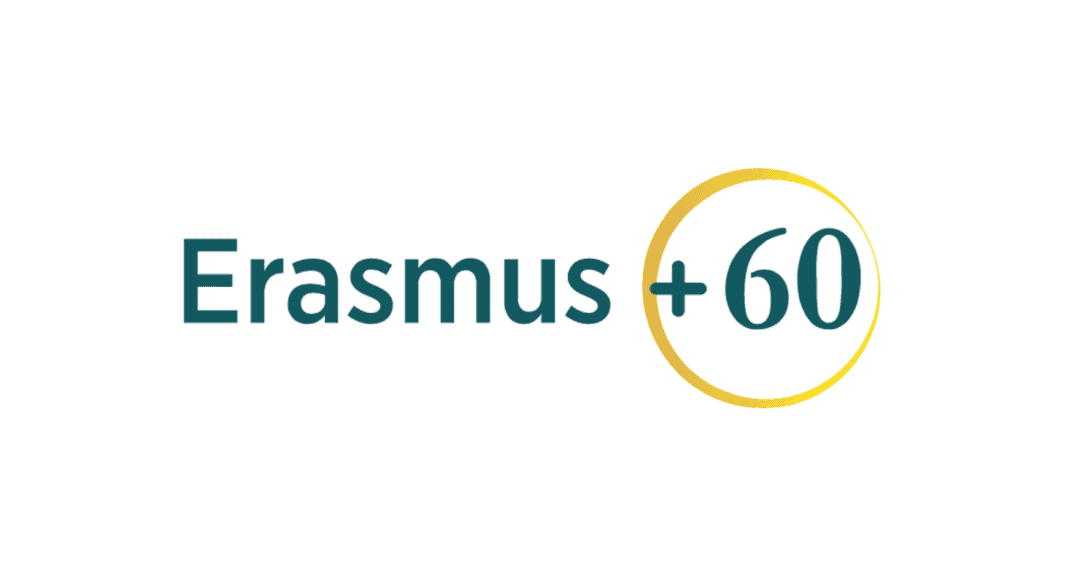“Erasmus+60” was a highly innovative project focusing on a particular age group that had not been sufficiently considered in the development of HEI activities and framework programmes like Erasmus+: European citizens aged 60 and above.
Active Years: 2022-2024
Funding: Erasmus+ Key Action 2 – Cooperation partnerships in Higher Education
Length: 3 years
Partners: 8
With life expectancy increasingly growing and given the fact that one citizen in three is expected to be over 65 by 2060, the need for studying and training opportunities grows correspondingly. Studies are not only of benefit to the mental and physical health of senior citizens, but they are also important in view of late career development and professional activities during semi-retirement and beyond as well as personal development of senior citizens including critical thinking as well as language and IT skills.
The offer of lifelong learning and third-age universities is far from homogeneous in the EU and the current situation may not always reflect diversity of citizens over 60 sufficiently. For retired academics or soon-to-be, it is arguably easier to access such offers, including online courses offered in English, but IT skills and foreign languages are still be a challenge for many other citizens aged 60 and above. It also appears obvious that there is a need for European platforms of Third-Age Education with academically sound and internationally shared content that could eventually reflect or even be a part of European University Alliances. We therefore need to develop higher education offers that are systematically more inclusive and reflecting diversity among citizens over 60.
Erasmus+60 project main outputs were:
- A desk research on intergenerational practices: this research identifies key aspects of intergenerational learning, outlining its intended outcomes and potential benefits. It serves as a foundational analysis for developing impactful intergenerational initiatives.
- A Toolkit “Enhancing lifelong learning through intergenerational learning”: designed to foster meaningful engagement between participants from two different generations, this toolkit provides opportunities for exchanging experiences and introducing non-formal learning methods and settings in the context of intergenerational learning.
- 7 e-learning courses: these courses, available in English, are complemented by a practical toolbox for calculating costs, resources, and the impact of tailored online learning platforms. They are ideal for HEIs seeking to strengthen or innovate their offerings in Third-Age Education or to explore this field for the first time.
- Policy recommendations: targeted at policymakers and university leaders, the document provides evidence-based recommendations for enhancing cooperation, improving services, and increasing the accessibility and impact of Erasmus+ mobility on the intergenerational learning process.
Partners: University of Porto, Université de Versailles Saint-Quentin-en-Yvelines, University of Split, University of Latvia, Eötvös Loránd University, European University Foundation, Mendel University in Brno, University of Zurich.

